A Future In The Cloud
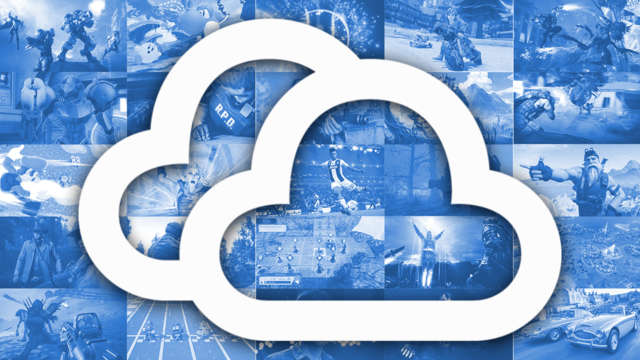
How we access video games is changing all the time. Arcades gave way to home consoles with cartridges, before technology evolved to host games on discs. In recent years, the popularity of digital purchases has grown, as Xbox One X and PS4 Pro offer 1TB hard drives and Switch presents an easy way to play through both indie and triple-A titles on the go. Now, it looks like the next step is cloud gaming.
Several game publishers and hardware makers have already adjusted their long-term strategies to explore the possibilities that such a service could present–with Sony notably being one of the first which has allowed the company to get ahead of the curve. Cloud gaming puts more titles in front of more players after all, as it removes platform restrictions. If a game is running in the cloud, it can be streamed to consoles, PCs, handhelds, or mobile devices. The only true restriction to cloud gaming is internet speed, as you need a strong and constant connection to run your games without lag or stuttering.
In the following gallery, we point out the most prominent companies that are making strides in cloud gaming. Some are further along in developing their respective services in comparison to others, but each seems convinced to explore the technology or, at the very least, adapt their current subscription platforms to incorporate cloud-based support.
Sony / PlayStation
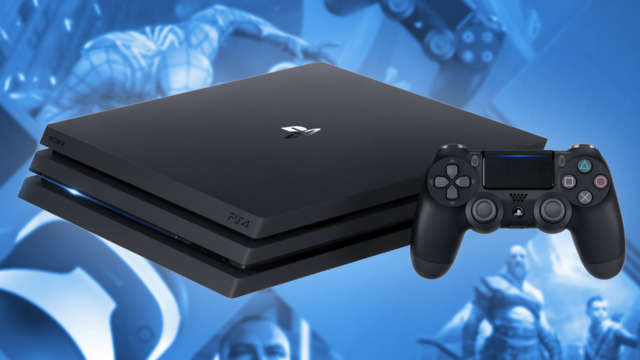
Sony is one of the earlier companies to take a stab at cloud stream gaming. In 2012, Sony bought Gaikai, a company that creates technology designed for streaming video games through a wireless or cloud-based network. Sony used this tech to develop streaming support for its PlayStation consoles.
Via Remote Play, you can stream PS3 games through your PSP or PS Vita as well as PS4 titles through PS Vita. Remote Play isn’t seen on every PS3 title, but all PS4 games–with the exception of those that utilize additional peripherals–support the service.
There’s also PlayStation Now, a cloud gaming subscription service which allows users to access certain PS2, PS3, and PS4 games by streaming the titles to their PS4 or PC for a monthly fee. In September 2018, Sony announced and released an update for PlayStation Now which allows subscribers to download PS2 and PS4 titles to the PS4, letting you play games even if you don’t have the recommended 5 MB per second internet speed.
PS4 also supports Share Play, which allows you to stream a game to a PSN friend, even if they don’t own the game themselves. Share Play also allows you and a friend to play the same game together if the title supports local multiplayer. Share Play is free, but both you and your friend need to be PlayStation Plus members to access it. Like PlayStation Now, the recommended internet speed is 5 MB per second, but the service can work with as low as 2 MB. Unfortunately, you can’t just game with a friend on Share Play forever. You can stream your game with whomever you want and for as many times as you desire, but each Share Play session can only last up to an hour. You can only stream your game to one person at a time too.
Microsoft / Xbox
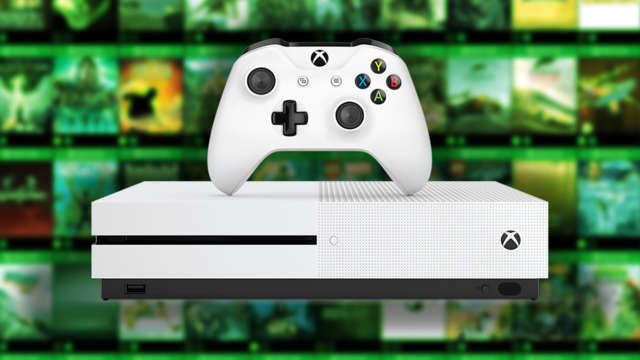
Microsoft officially joined the game streaming party with the reveal of Project xCloud in October 2018. The service allows you to stream games directly to your PC, phone, or tablet via hardware in remote data centers.
Although it isn’t live yet, Xbox’s head of gaming cloud Kareem Choudhry has said that public trials will begin this year. A demo of Project xCloud was shown off during the March 2019 Inside Xbox livestream, which showcased Forza Horizon 4 being played on an Android mobile device that was also wirelessly connected to an Xbox One controller.
Microsoft has also launched Game Stack, a platform specifically designed to help developers build and launch cloud-connected games. The dev kit combines Microsoft’s services and platforms with Azure and PlayFab–giving aspiring creators access to DirectX, Mixer, Power BI, Havok, Visual Studio, Windows, Xbox Game Studios, Xbox Live, and Simplygon.
Xbox One doesn’t have a streaming service yet, but it has the building blocks in place to do so, with Xbox boss Phil Spencer already claiming the plan is for the console’s Game Pass to expand to “every device.” During a November 2018 Microsoft earnings call, CEO Satya Nadella also mentioned bringing Game Pass to PC. And through Project xCloud, Xbox’s subscription service could become a Netflix-style streaming platform.
Xbox Game Pass already offers hundreds of digital titles for download at a monthly fee. For as long as you pay for the subscription, you get access to any of the games offered through the service and can uninstall and redownload titles at your leisure. Much like Netflix, Game Pass’ library changes over time, with unpopular titles being replaced with new ones–which include original Xbox, Xbox 360, and Xbox One games.
Nintendo
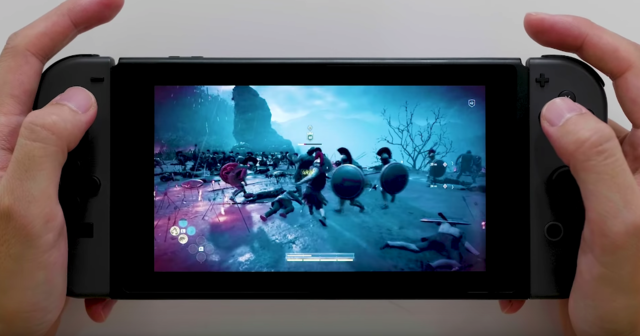
Nintendo hasn’t made huge strides in cloud-based game streaming, but the company is already experimenting with the technology. You just need to live in Japan to experience it.
In Japan, you can play a cloud version of Assassin’s Creed Odyssey and Resident Evil 7: Biohazard on Switch. You own the game, but most of it is saved on the cloud while a tiny download is on the Switch’s SD card. Theoretically (we haven’t tried it), with a strong internet connection, you can play either game fairly smoothly, even in handheld mode. Nintendo has made no announcements for whether more games will get this cloud-based treatment for Switch, or whether this service will extend internationally to other countries.
Electronic Arts
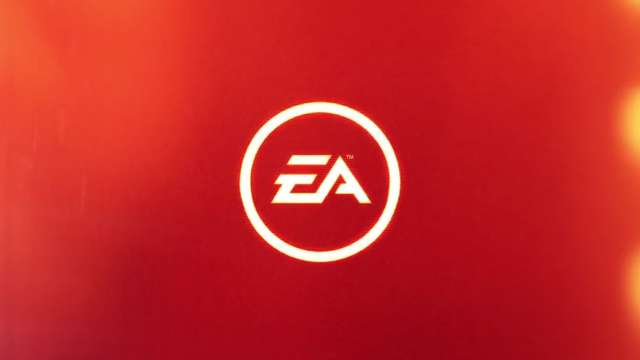
EA isn’t in cloud stream gaming; not yet anyway. The company’s current work on Project Atlas means it will most likely be a part of the conversation one day.
During EA’s E3 2018 press conference, the company first showcased the then unnamed project, which is designed to bring the publisher’s library of games to the cloud. EA ran a demo during the gaming event, and CEO Andrew Wilson promised that the new tech would allow you to play any of EA’s games on whatever device you wanted.
Back in October 2018, in a blog post, EA chief technology officer Ken Moss announced 1,000 employees had begun work on Project Atlas. “This will be a fully integrated platform, capable of building the scalable, social, and large-scale experiences of the future,” Moss wrote. “So, while in the past, features like cloud hosting, matchmaking, marketplace, data, AI, achievements, and social were separate from the development tools in the engine, the Project Atlas platform will be able to implement all of these services natively within a unified solution.”
Since this announcement, EA has remained rather quiet about Project Atlas. However, Moss has confirmed the project is “already underway” so additional details will most likely come out within the next year.
Verizon

According to The Verge, Verizon is testing its own variation of a cloud streaming service for games. Called Verizon Gaming, the service downloads as an app to a Nvidia Shield and then can stream your cloud-saved collection of games to your PC or mobile device.
Verizon, however, has not confirmed the existence of such a service. Supposed testers for the alpha version of the service said, back in January 2019, that Verizon Gaming currently doesn’t allow you to save your in-game progress and lags while you play. If Verizon Gaming does exist, it’s most likely still in a very early stage of development. Screenshots from the test showcase a wide variety of supported titles, including PS4 exclusives like God of War and console-only games like Red Dead Redemption 2.
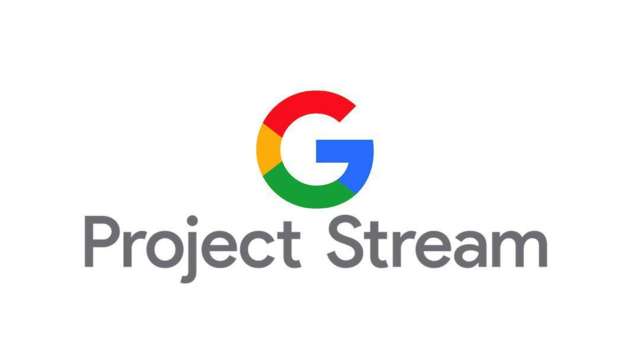
Google has already finished beta testing for its cloud-based streaming service for games. Project Stream is designed to stream any game to your PC via the Google Chrome browser. It requires a much stronger connection than the other services listed here–Google advises a 25 MB per second internet speed–but it works pretty well.
During Project Stream’s public beta testing, we played Assassin’s Creed Odyssey and the game ran extremely smooth. There wasn’t any perceptible input lag, and although there was some noticeable compression, image quality was still fairly high. Project Stream seems to already be in a playable state, so we wouldn’t be surprised to hear additional details about the service this year.
Nvidia
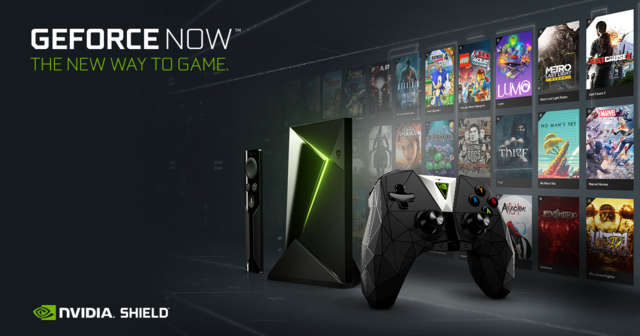
Even if its service is still in beta, Nvidia has been in game cloud streaming since October 2015. Geforce Now offers access to a library of hundreds of games, all of which can be streamed to your PC.
Nvidia recommends a 50 MB per second internet connection to play games at 60fps at 1080p, but 10 MB per second is all you need to play at 30fps at 720p. There hasn’t been an announcement detailing when Geforce Now will officially launch, but Nvidia has continuously updated the service throughout the years–adding additional features like Twitch streaming support and in-game voice chat.
Amazon
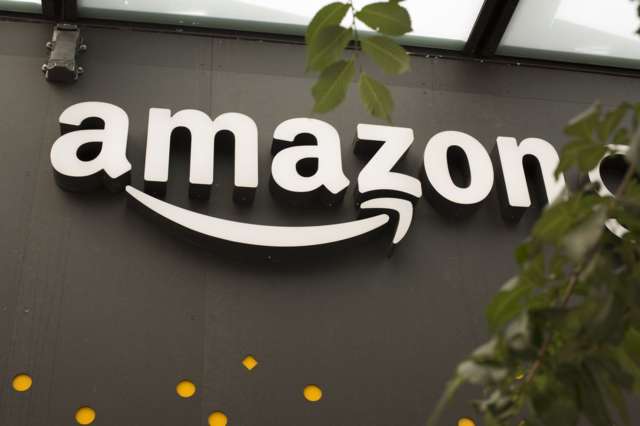
Next to nothing is known about Amazon’s upcoming video game streaming service other than that it’s being made and, according to The Information, unlikely to launch prior to 2020.
Amazon also owns Twitch, though. Admittedly Twitch isn’t the same as cloud gaming, but it does offer a form of game streaming by letting you watch an entire video game you don’t own be played on your PC, console, or mobile device via an internet connection. There’s potential for Twitch to lay the foundation for a new cloud-based gaming platform.
Other Standouts
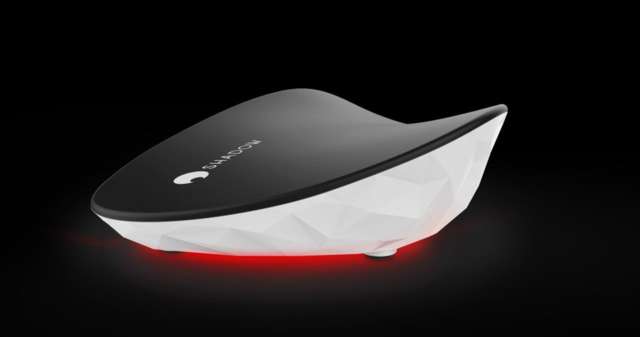
Though they don’t carry large names behind them, there are a few other companies making notable strides in gaming via cloud streaming. We’ve detailed what they are below.
Blade has been expanding its service with its Shadow boxes, which are hardware machines that host its cloud streaming app. What’s more convenient is that Shadow can also be used on any device that can run the application (Windows 7, 8.1, 10, macOS, Android, and iOS). It’s worth noting, however, that paying the monthly subscription to Shadow allows you to stream a gaming-caliber Windows 10 PC anywhere–which can then be used to access and play your games. You’re not streaming the games themselves. The most recent Shadow box, called Shadow Ghost, isn’t the best cloud-based game streaming experience we’ve ever had, but as stated in our review, it “showcases where gaming can go and where gaming hardware could fit into that future.”
Parsec also offers a means of streaming games to your device, specifically PC. However, like Twitch, it’s designed moreso as a means of sharing the experience of a game with another person. Via Parsec, you gain access to many other players’ streams, which you can then watch on your PC. Hosts can also invite a viewer to participate in the game they’re playing or pass control of the game off to another person whenever they want. With Parsec, you and your friends (or strangers) can play the same game together even when you’re miles apart.